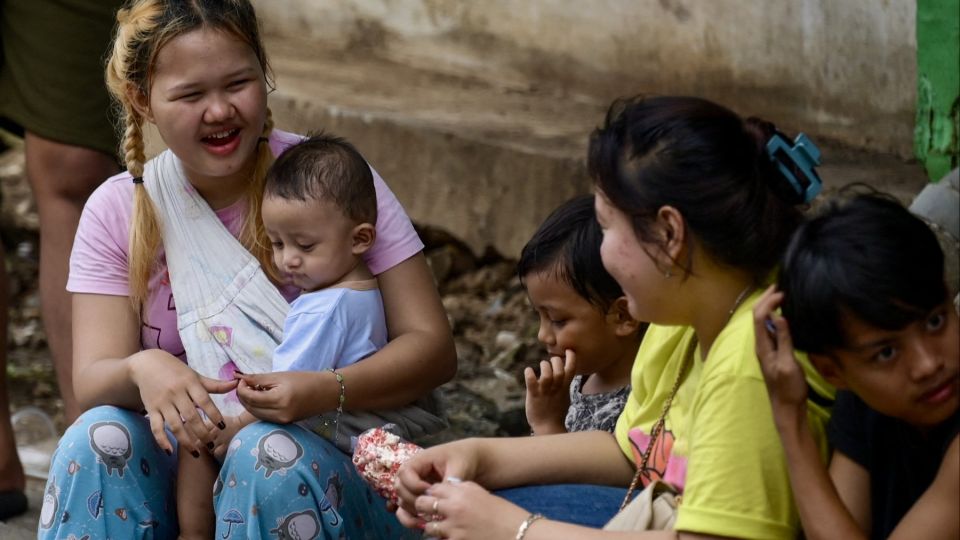September 16, 2025
JAKARTA – A mother’s suicide in West Java, which also claimed the lives of her two children, has cast a harsh spotlight on Indonesia’s deepening mental health crisis, where economic hardship, stigma and limited access to care continue to drive rising, yet vastly underreported, cases of self-harm.
The 34-year-old woman was found dead at her home in Bandung regency last week, with police suspecting that her children died from poisoning. Investigators further revealed that she left a note expressing grievances against her husband, shame toward her family and the crushing burden of debts.
The tragedy quickly drew national attention and sparked widespread debate online.
Official data show suicide cases are climbing nationwide, with the National Police’s Criminal Information Center recording 1,439 cases last year, up from 1,345 in 2023 and more than double the 640 cases logged in 2020. Between January and August this year, 970 cases have already been reported.
But the figures likely capture only a fraction of reality, said Sofia Ambarini, founder of mental health advocacy and suicide prevention nonprofit organization Indonesia Sehat Jiwa. She noted that suicide is still widely regarded as a “disgrace” for families and therefore often concealed or left unreported.
Read also: Five officer suicides highlight mental health crisis in National Police
A 2024 study published in The Lancet Regional Health Southeast Asia echoed this, suggesting the actual suicide rate in the country may be up to 860 percent higher than police records indicate.
“People who commit suicide just want to end their problems, but no one helps them,” Sofia told The Jakarta Post on Thursday. She added that stigma against seeking psychological help, where patients are often branded as “insane” or weak, leads to social exclusion and worsens depression.
Access to treatment also remains uneven, with limited coverage under the national health insurance program and poor service quality at community health centers.
“The [national health insurance program] does not cover suicide victims. When it does cover psychological services, psychologists at community health centers (puskesmas) often scare patients with inappropriate treatment,” Sofia explained.
She urged the government to include mental health in national priority programs, treating it as equally important as other lethal physical illnesses.
Sociologist Rakhmat Hidayat of Jakarta State University (UNJ) noted that suicide risk often stems from intertwined factors, particularly economic distress.
“[As we saw in the West Java case,] when debt accumulates, people feel an increasing burden of shame and social pressure from their surroundings,” he said on Thursday. “Combined with economic hardship, this can escalate into a crisis that drives suicide”.
Read also: Free birthday health screening to begin on Feb. 10
He stressed that improving economic conditions, as well as employment, through policy reform is key to prevention.
“Suicide risk rises when society experiences turbulence, social as well as economic crisis […] We must be careful now that Indonesia is facing an economic slowdown.”
The Health Ministry said it has introduced programs, ranging from prevention to rehabilitation, through a tiered health service system starting at puskesmas. Currently, mental health services are available in 4,873 puskesmas, covering only about 47 percent of the total centers nationwide.
The ministry also promotes the First Aid for Psychological Distress program which trains health volunteers, teachers and community leaders to provide “the most basic assistance” for those experiencing mental health issues, said Imran Pambudi, director of vulnerable group health services.
Mental health checks have also been integrated into the nationwide free health screening program, one of President Prabowo Subianto’s flagship initiatives, while the hotline healing119.id offers initial psychological assistance for those seeking help.


